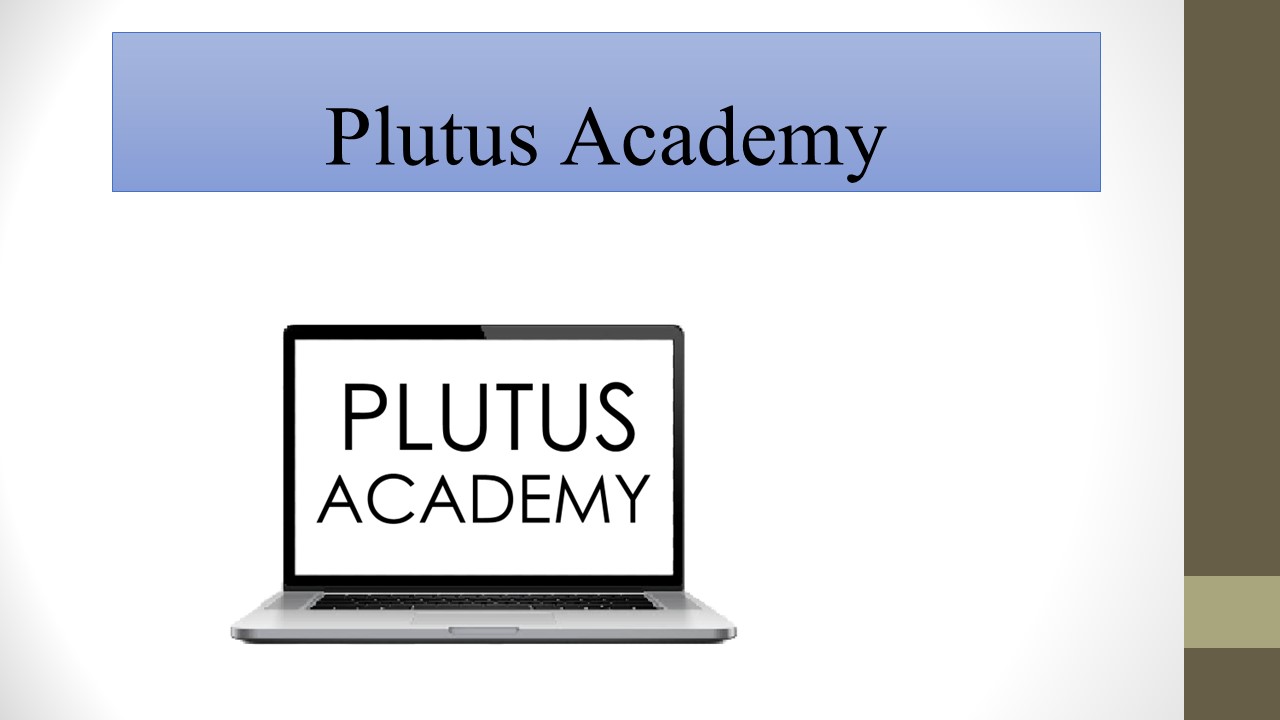Glacial Lake Outburst Floods (GLOFs) - PowerPoint PPT Presentation
Title:
Glacial Lake Outburst Floods (GLOFs)
Description:
The capricious nature of glacial lakes, intricately linked to melting glaciers, raises significant concerns due to their unpredictability. When they suddenly release their stored volumes of water, these enigmatic water bodies give rise to Glacial Lake Outburst Floods (GLOFs), wreaking havoc on both the environment and inhabited areas. – PowerPoint PPT presentation
Number of Views:3
Title: Glacial Lake Outburst Floods (GLOFs)
1
Plutus Academy
2
Glacial Lake Outburst Flood (GLOF)
- GS3 Disaster Management
The Glacial Lake Outburst Flood (GLOF) was the
Subject of an article produced by the brilliant
content writer Gaurav Nikumbh. The article
discusses the glaciers' perilous situation,
including their steady shrinking and threat to
both people and the environment. The fluctuating
conditions of these lakes formed by glaciers can
cause flooding and wipe out communities of people
and other wildlife.
3
Glacial Lake Outburst Flood (GLOF)
- This passage refers to the original article on
Glacial Lake Outburst Flood (GLOF). You can
click on the provided link to explore the Topic
more deeply. - Glacial lakes are associated with melting
glaciers and can pose environmental and human
settlement risks. - A Glacial Lake Outburst Flood (GLOF) occurs when
a glacial lake experiences a sudden release of
water.
4
Glacial Lakes Potential Time Bombs
- Glacial lakes come in various forms and tend to
expand as glaciers melt, making them hazardous. - They are typically dammed by unstable materials
like ice and loose rocks, making them prone to
sudden water releases, resulting in GLOFs. - GLOF events can be triggered by
- Earthquakes
- Extreme Rainfall
- Ice Avalanches
- These factors disrupt the stability around
glacial lakes, causing rapid water discharge and
downstream flooding. - One cannot underestimate the significance of
reading and retaining Current affairs, as a
significant chunk of SSC, Bank, and various
competitive exams revolves around this subject
matter.
5
The 2013 Uttarakhand Disaster
- In 2013, a GLOF event triggered by the Chorabari
Tal glacial lake led to flash floods in the
Kedarnath region, Uttarakhand, causing
significant loss of life.
6
More about South Lhonak Lake GLOF
- The South Lhonak Lake's outburst was triggered by
heavy rainfall, leading to flash floods. - The Teesta River and several districts were
affected, highlighting downstream vulnerability. - Monitoring by the Central Water Commission
revealed glacial retreat and lake growth.
7
NDMA Guidelines on Risk Mitigation of GLOF
- Guidelines recommend identifying and mapping
high-risk glacial lakes, using field observations
and historical data. - Structural measures involve controlled breaching
and water pumping to reduce lake volume. - Early warning systems with sensors and monitoring
equipment are crucial for timely alerts and
evacuations. - Capacity building, public awareness, and
continuous research and monitoring are vital for
GLOF preparedness and mitigation.
8
Thank You! For More Information Contact us
at- Call- 91 8123002808 Email-
Info_at_plutusacademy.com Visit us-
www.plutusacademy.com Facebook
https//www.facebook.com/plutusacademy Instagram
https//www.instagram.com/_plutusacademy Twitter-
https//twitter.com/PlutusAcademy_ Linkedin-
https//www.linkedin.com/company/plutusacademy You
tube https//www.youtube.com/c/plutusacademy Pint
erest https//in.pinterest.com/plutusacademyoffic
ial/































